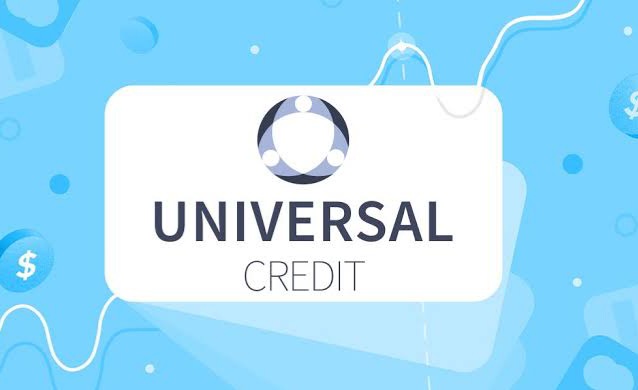Even though Universal Credit charges more than some of its rivals, it could still be worthwhile to investigate the terms and conditions of the loans you are considering because it would affect your credit score.
About Universal Credit
Upgrade is a corporation that offers personal loans, credit cards, and other financial products under the Upgrade brand. Universal Credit is an online-only division of Upgrade. You can apply for fixed-rate personal loans with three- or five-year repayment schedules and no prepayment penalties through Universal Credit.
Although the offer is comparable to that of many lenders that operate exclusively online, there are a few particular benefits and drawbacks to consider if you’re thinking about applying for Universal Credit.
Examine Your Offers Without Having Your Credit Affected
One fantastic aspect is that you may use a soft credit inquiry to check your loan offers; this kind of credit check won’t affect your credit ratings. Comparing personal loan offers from many lenders might be an excellent place to start when looking for one. It would also be worthwhile to explore what Universal Credit has to offer you, as checking won’t negatively impact your credit scores.
Potentially High Rates and Fees
The interest rate on your loan will be decided by Universal Credit taking into account a number of variables such as your credit score, credit history, and the length of the loan. Its lowest quoted interest rate, however, can be more than the lowest offered by competing lenders.
Furthermore, there is an origination fee of at least 5.25% assessed by Universal Credit. Some lenders may have a lower minimum fee or may not charge origination fees at all.
What matters most in the end are your individual loan offers, and Universal Credit may provide you with the finest loan for your requirements. However, you might be better off with a different lender if your credit is good to great.
How You Use the Loan May Affect Your Interest Rate
A personal loan from Universal Credit can be used for both debt repayment and nearly any purchase. If the conditions of your new loan are better than those of your existing debt, then taking out a personal loan for debt consolidation could be a smart strategy to reduce your expenses and streamline your finances.
The interest rate on your Universal Credit loan may also vary depending on how you intend to utilize the money.
The Universal Credit Personal Loan Qualification Process
If you wish to be eligible for a loan from Universal Credit, you must fulfill the following minimal requirements:
- Possess a valid visa and either be a citizen or permanent resident of the United States
- Possess a verifiable bank account
- Be at least eighteen years old
- Have a working email address
Fulfilling these prerequisites does not ensure approval. You may still receive different loan offers depending on your credit, income, and amount of existing debt.
RECOMMENDED:ĀHow To Decide If You Require A Personal LoanĀ
Universal Credit Personal Loan Fees
All of Universal Credit’s loans have an origination fee, which ranges from 5.25% to 9.99% and is deducted from the amount you are given. Although it’s not stated explicitly, lenders typically impose varying fees depending on the applicant’s creditworthiness, the size of the loan, and the loan’s terms of repayment.
Additionally, there can be a late payment fee that you have to pay. However, Universal Credit doesn’t say how much the price is or if there is an extension after the due date. On the other hand, if you pay off your loan early, you won’t be charged an application fee or a prepayment penalty.
How To Apply For A Personal Loan With Universal Credit
To begin, do the following actions if you believe that a personal loan from Universal Credit might be a suitable fit:
- Examine your offers first: Check to see if a loan with a mild credit check is available from Universal Credit.
- Select a proposal: Multiple offers with different amounts, terms of payback, interest rates, and fees may be made to you. Choose your favorite offer after weighing them all, then accept it to move forward. You might have to consent to a rigorous credit check at this time, which could lower your credit score.
- Check all of your information: Be ready to provide documentation to support your income and identity. A notification could be sent to you via email and the dashboard of your account.
- Get the credit: The loan proceeds will be disbursed by them upon approval and verification of your application. They might show up in your account the next business day, but it might take the bank longer to complete the transaction. It could take a maximum of two weeks for money transferred to other creditors to clear, so you should keep an eye on those accounts and keep making payments as required.
Following loan receipt, you will begin monthly payments in accordance with your repayment plan. Your monthly payment amount is also locked in due to the loan’s fixed interest rate. However, if you pay off the loan early, you might be able to save money on interest.

